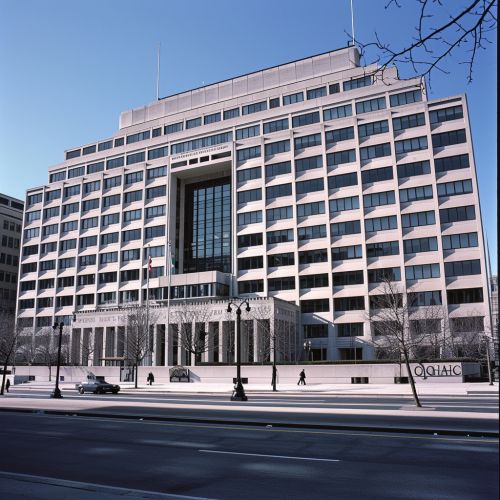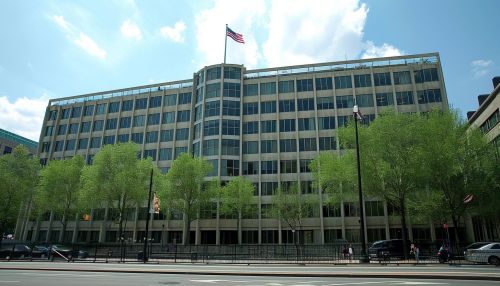United States Deputy Attorney General
Overview
The United States Deputy Attorney General (DAG) is the second highest-ranking official in the Department of Justice (DOJ) and oversees the day-to-day operation of the DOJ. The deputy attorney general acts as attorney general during the absence of the attorney general.
Role and Responsibilities
The principal duties of the deputy attorney general are to advise and assist the attorney general in formulating and implementing departmental policies and programs and in providing overall supervision and direction to all organizational units of the Department. The DAG has the authority to exercise all the power and authority of the Attorney General, except where such power or authority is prohibited by law from delegation or is delegated to another official. In addition, the DAG is the ex officio member of the President's Commission on Law Enforcement and Administration of Justice, the National Crime Information Center Advisory Policy Board, and the Board of Directors of the Federal Bureau of Investigation National Academy Associates.
Appointment and Tenure
The Deputy Attorney General is appointed by the President of the United States and requires confirmation by the United States Senate. The position of Deputy Attorney General was created in 1950 to handle the increased responsibilities of the Attorney General, as the Department of Justice grew in size and scope. The tenure of the Deputy Attorney General is not fixed and he or she serves at the pleasure of the President.
Notable Deputy Attorneys General
Several Deputy Attorneys General have gone on to serve in other prominent roles within the government. This includes individuals who have served as Attorney General, Supreme Court Justices, and federal judges.


